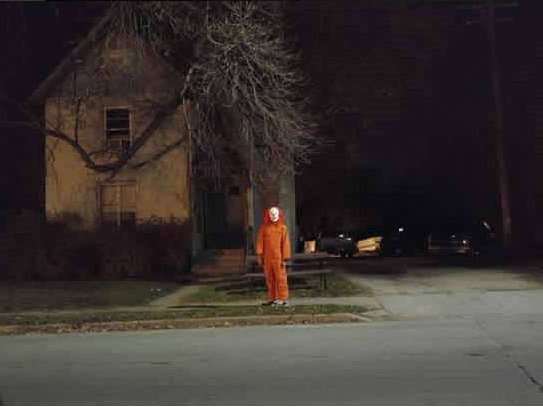The opinions expressed in this column do not necessarily reflect the opinions of OnMilwaukee.com, its advertisers or editorial staff.
The Waukesha County Board reluctantly voted to make itself a more exclusive club, bucking the early statewide trend toward resisting such reductions.
Waukesha County Exec Daniel Vrakas, one of those in the state Assembly who supported the change before taking his new position, called the Tuesday vote an "historic day," adding that "not since the Wisconsin Supreme Court order of 1965 has Waukesha County downsized its board."
Said Vrakas. "I believe Waukesha County citizens want a smaller, more efficient County Board, and this is a significant improvement from our current size."
Vrakas said the change will create direct financial savings for the county. But that reduction will only save about $10,000 per supervisor, or $100,000 total, as the supervisors have no health benefits or individual aides, secretaries or offices.
But a study done a few years ago by the Wisconsin Taxpayers Alliance, a non-partisan, non-profit taxpayer watchdog group in Madison, shows that cutting county board size actually increases taxes. WTA's Todd Berry said he was shocked that the study showed less county government costs more.
"But the statistical models kept coming up with the same answer, and when we started to think about it, it made some sense," Berry said. "Larger legislative bodies mean that each official represents fewer people and is more likely to be in touch directly with constituents."
Berry added, "Having watched government for several decades, I am increasingly coming to the conclusion that what we think brings streamlining and efficiency may actually move legislative and governmental bodies farther away from citizens, thereby making them less accountable and ultimately less efficient."
So why did it happen in Waukesha County?
In that Republican-dominated county, the board met with organized citizen resistance from a group called the Waukesha Taxpayers League.
Faced with the likelihood that the league could petition for a referendum to reduce the board size, the board voted 21-14 to downsize from 35 to 25 supervisors rather than face more a more dramatic downsizing. Beside the fact that the change won't be in place until the spring 2008 county elections, the vote left WTL feeling somewhat less than satisfied.
WTL President Chris Lufter told WisPolitics that the group would have had the signatures needed by the May 11 deadline to force a referendum to cut the board to only 11 supervisors.
The opportunity for cuts in the size of county boards was made possible when the state Legislature and Gov. Jim Doyle approved a bill to allow for one additional reduction of the size of county boards throughout the state in between each decennial census. In the past, the board size could only be considered immediately after the census results were announced.
But because only one such board reduction would be allowed until the next census, the board vote derailed WTL's effort. The earliest such a move can be considered now will be after the 2010 census.
Lufter said she believed the board acted to head off the WTL initiative. "That seems pretty obvious," Lufter said. "We will have to watch and see how (the new board) works. But 25 supervisors is still too big."
Lufter said she believes the vote would not have taken place if WTL had not "raised public awareness on this issue."
The group already had 6,400 signatures on petitions. It was originally believed the referendum effort would require more than 10,000 signatures. But that election-based number came down after recent elections to about 8,000 signatures. WTL had four weeks left until the deadline.
Lufter said the ability to foster changes in the county might cause WTL to look at the possibilities of shrinking government elsewhere. "Do we really need a full-time county board chairman and a full-time county executive?" Lufter said. "And why are supervisors paid a flat amount? Maybe they should be paid a stipend for each meeting they attend."
Yet Waukesha Co. Board Chairman Jim Dwyer said extra meetings will already be required of the supervisors once the board is reduced; he believes that could be a big problem. Dwyer, who has opposed the cuts in the past but voted for the downsizing to 25, said such an additional time commitment could limit those people willing to serve on the board. "Their commitment could go from meetings on one day a week to three days a week," he said of the supervisors. "Some people do have to work for a living."
As it is, the board is made up largely of people who are retired or own their own businesses. The supervisors now represent about 10,000 constituents but the cut to 25 will raise that to about 15,000, Dwyer said. That will be the largest group represented by any part-time board in the state. A new county district map has already been drawn for use starting in 2008.
Dwyer said some of the districts will have towns, villages and cities in one district, which could be at odds with one another over issues such as annexations. One such district near the southern edge of the county would be about 90 square miles.
Dennis Shook, a contributor to WisPolitics.com's Milwaukee Notes, can be reached at: dshook13@hotmail.com.
 |
Sign up now for a free e-mail election service from WisPolitics.com. Click here. |







